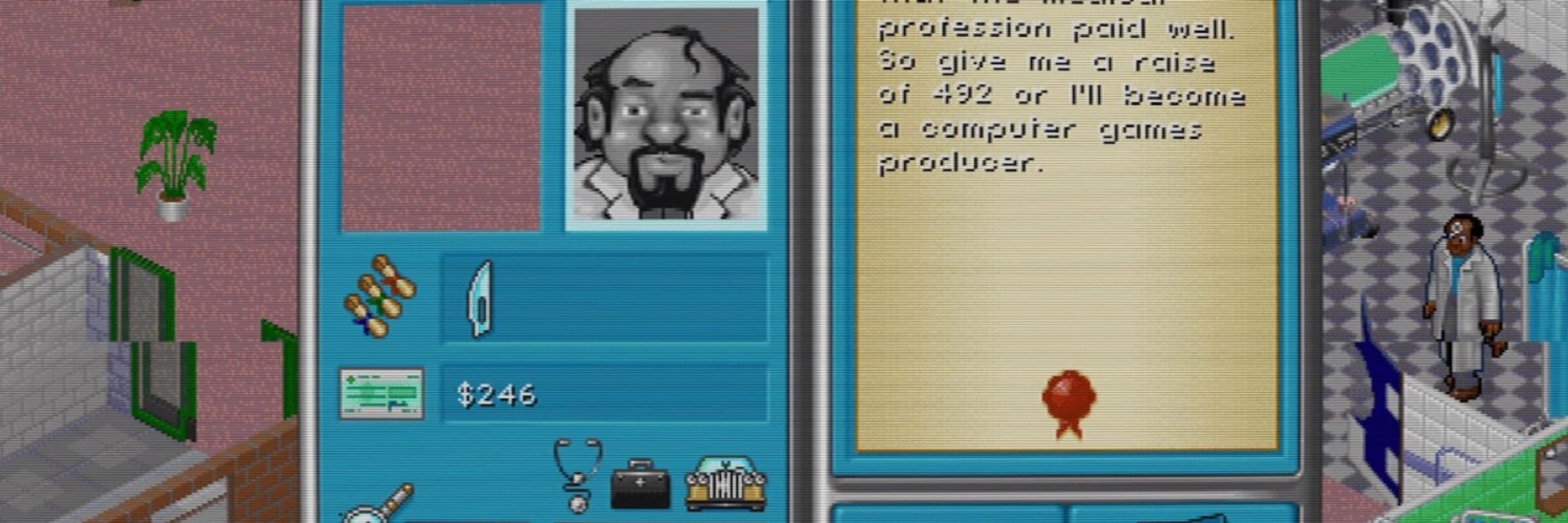

I *still* don’t know what FFICM is for! Felt like being interviewed for a job I was already doing.
I *still* don’t know what FFICM is for! Felt like being interviewed for a job I was already doing.
I’ve volunteered to trial the OSCE/SOE replacement and I have high hopes for something more similar to actual clinical practice.
I’ve volunteered to trial the OSCE/SOE replacement and I have high hopes for something more similar to actual clinical practice.
I was lucky to have understanding colleagues, supervisors and a professional support and wellbeing service with access to coaching.
I was lucky to have understanding colleagues, supervisors and a professional support and wellbeing service with access to coaching.
3 goes at MRCP Part 1, fluked Part 2 pass, 3 goes at PACES.
3 goes at the FFICM MCQ, 2 at the SOE and 3 at the OSCE.
3 goes at MRCP Part 1, fluked Part 2 pass, 3 goes at PACES.
3 goes at the FFICM MCQ, 2 at the SOE and 3 at the OSCE.
It’s a deep dive into the technical side of how it’s done but the final demo showing the “do you want to die?” screen speaks for itself.

It’s a deep dive into the technical side of how it’s done but the final demo showing the “do you want to die?” screen speaks for itself.
Enter the ethical hackers of the cybersecurity community who identified the vulnerabilities which could be used to cause harm such as a disabling stroke or cardiac arrest.
Enter the ethical hackers of the cybersecurity community who identified the vulnerabilities which could be used to cause harm such as a disabling stroke or cardiac arrest.
Pacemakers and insulin pumps offer remote monitoring and automatic adjustments that improves outcomes.
Pacemakers and insulin pumps offer remote monitoring and automatic adjustments that improves outcomes.

